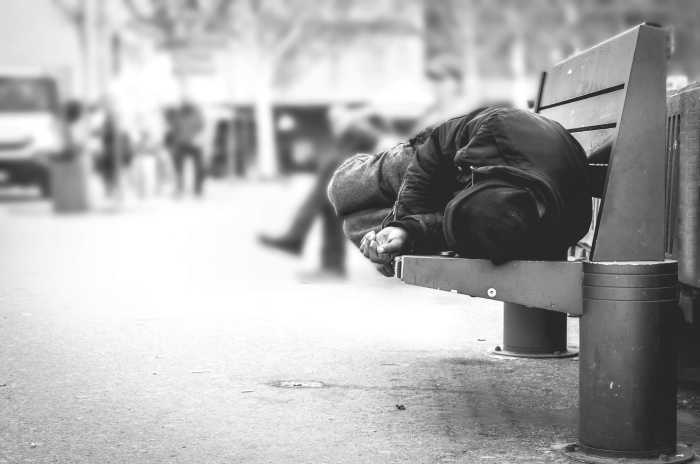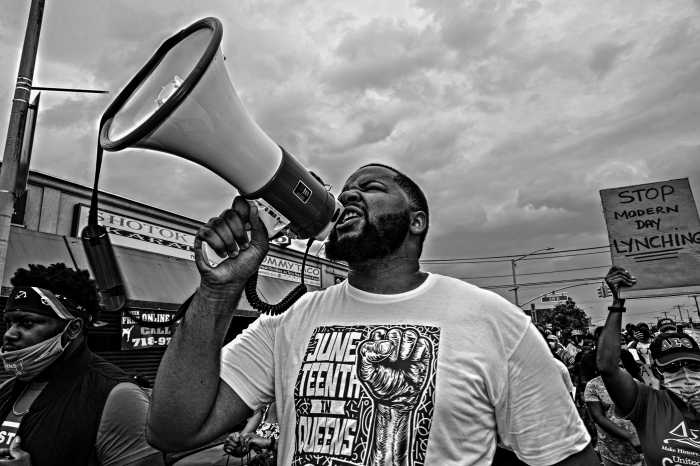This Mother’s Day, M (we are protecting her identity) will be celebrating with her daughter. It wasn’t always this way; the mother and daughter were forced to spend years apart and their reunification was only made possible because of a unique program designed specifically for people like M.
M and her daughter moved to a shelter after fleeing an abusive home. But the shelter stay, and the trauma left in the wake of her relationship, significantly impacted M’s mental health. Alarmed, shelter workers asked the Administration for Children’s Services to get involved and M lost custody of her daughter. We don’t need to separate parents with serious mental health challenges from their children. With the right support, both parents and children can thrive. This Mother’s Day let’s commit to keeping more families together, regardless of their mental health status.
The program that helped M and many others reunite with their children is nonprofit Institute for Community Living’s Emerson-Davis house in Brooklyn. For decades it’s been a unicorn – a one-of-a-kind program that provides parents with serious mental health challenges the support they need to stay with their children.
The program houses 38 apartments and provides a range of on-site support services tailored to each family’s needs, including case management, counseling, parenting skills training, employment services, and childcare. When possible, they help families move on to apartments in the surrounding community while continuing services and involvement in the ICL community at Emerson.
Decades ago Zach, a toddler at the time, moved to Emerson with his mother. It was the last attempt to keep a mother and child together before a court forced their separation. Growing up wasn’t easy for Zach, but today he is grateful for the chance he had to stay with his mother. “She loved me and did all she could for me,” he says. Emerson provided the support she needed.
New York City has made huge advances in reducing needless family separation. At its height, the city was removing about 50,000 children from their homes, most often for what appeared to be neglect, not abuse. The impact of these removals was devastating. Children separated from a parent are significantly more likely to end up experiencing homelessness, incarceration, substance use and poverty. The separation is traumatic for parents too.
Today there are fewer than 8,000 children in foster care. But we can do better. Emerson-Davis is an example of what’s possible when we commit to supporting families faced with serious mental health challenges. As we face an escalating mental health crisis, we must do everything we can to help more families stay together.































